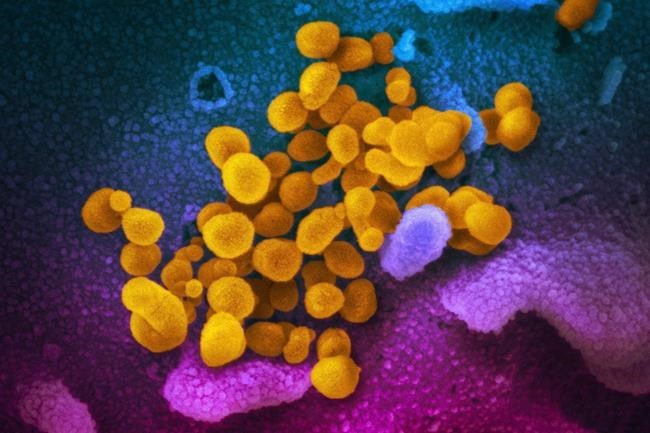Thousands of scientists around the world are working on problems raised by the COVID-19 pandemic. Here is a summary of some recent research from peer-reviewed academic journals and scientific agencies:
---
The Canadian Medical Association Journal is warning that using antimalarial drugs to treat COVID-19 comes with real risks. Some public figures have endorsed chloroquine and hydroxychloroquine, and some doctors have begun to administer it to patients. The journal notes the drugs can have bad effects on heart function, cause drops in blood-sugar levels, create mental-health problems and can inhibit the effectiveness of opiate painkillers. Their effects are not always predictable and they are toxic in overdose. Research backing their use is being questioned. The society behind the scientific journal that published one of the main studies cited by supporters now says the research didn't meet its standards.
---
A report in the European Respiratory Journal questions whether warmer weather will have the same impact on the spread of the novel coronavirus as it does on similar viruses such as the ones causing SARS and influenza. Researchers averaged daily temperature, maximum temperature, minimum temperature, relative humanity and UV radiation from early January to early March for 224 Chinese cities. The authors acknowledge their paper only covers three months and may have failed to account for other factors, but they found no relationship between the spread of COVID-19 and any weather changes.
---
The journal Science is reporting on whether household or domestic animals can catch COVID-19. The authors say the novel coronavirus replicates poorly in dogs, pigs, chickens and ducks, but ferrets and cats can become infected. Commentors on the study point out there's no proof that cats can pass along the COVID-19 virus to humans. They also point out the study was conducted under artificial lab conditions in which the cats were given a very high dose of the virus.
---
The University of Toronto has estimated how much personal protective gear for health workers is likely to be required in Ontario. Between April 6 and April 15, preliminary predictions suggest roughly 2.6 million surgical masks, 600,000 N95 face masks, 11 million gloves, 3.2 million face shields and 3.2 million gowns will be required. By early May, all those figures are expected to at least double. The university says current stockpiles of equipment may not be enough to meet demand, which would affect the safety of those workers and the health outcomes for patients.
---
Self-isolation may not be enough to keep cases of COVID-19 from swamping available ICU beds in Canada, the Canadian Medical Association Journal reports. Modelling suggests that even if 40 per cent of people with mild symptoms self-isolate, the need for ICU beds per 10,000 population at the outbreak's peak could still be 2.6 times higher than the number of available beds. The authors say the results show the need for stringent social distancing. They add that because the peak of the outbreak will be reached at different times in different parts of Canada, health officials should be planning to share resources.
---
The United Kingdom may be approaching the peak of that country's COVID-19 epidemic, says research from the University of Warwick. Modelling done at the university suggests the peak could be reached in the coming days. It would then take about one to three weeks for the outbreak to subside by half. Optimistic scenarios suggest the country could achieve zero new cases around May 10, while darker predictions predict the end of May. The authors warn that in the case of Italy, the final estimated peak was five days later than the one originally anticipated. They emphasize that all scenarios depend on strict social distancing.
---
This report by The Canadian Press was first published April 10, 2020
Bob Weber, The Canadian Press



